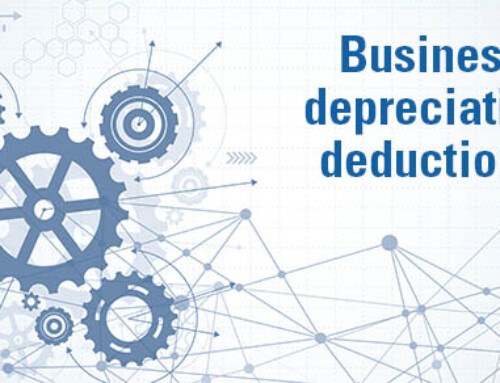In years prior to the recently passed Tax Cuts and Jobs Act, Congress encouraged “green”efforts to protect the environment by giving employees tax breaks for carpooling and using mass transit. For employees, the TCJA doesn’t take away the tax-favored status of these commuting benefits (other than bicycle commuting) or the option to pay for them with pre-tax dollars. Instead, starting January 1, 2018 businesses can no longer take a deduction for transportation fringe benefits (including employee parking). This means for both profit and non-profit businesses, the cost of providing these benefits is generally increased by the corporate tax rate (21% as of January 1, 2018).
This poses a dilemma for employers. Either they continue to provide these transportation fringe benefits despite the loss of the business deduction or they discontinue making these benefits available. This will cause businesses to take a careful look at the tax impact/ cost of transportation benefits against the value to their employees (and in turn, the importance of attracting and retaining talent by offering these benefits). It is also possible that local ordinances may have an impact as well:
• San Francisco, California. Businesses with a location in San Francisco (including nonprofit organizations) with 20 or more employees nationwide must offer one of the following options: (1) a monthly pretax plan under IRC §132(f) to pay for transit or vanpool expenses; (2) an employer paid monthly benefit equivalent to the price of the San Francisco Muni Fast Pass (including BART travel); (3) employer-provided transportation in a company-furnished bus or van service to and from the workplace; or (4) any combination of numbers (1)-(3). (San Francisco Ordinance No. 199-08).
• San Francisco Bay Area, California. Businesses with 50 or more employees in the San Francisco Bay area must register with the Bay Area Commuter Benefits Program and offer one of the following options: (1) a pretax benefit under IRC §132(f) to pay for transit or vanpool expenses; (2) an employer provided subsidy to reduce or cover employees’ monthly transit or vanpool costs; (3) an employer-provided free or low cost transit service for employees, such as a bus, shuttle or vanpool service; or (4) an alternative commuter benefit that is as effective in reducing single-occupancy commute trips as options (1)-(3).
• Berkeley, California. Employers in Berkeley with 10 or more employees (full-time, part-time, or temporary–anyone who works an average of 10 hours per week or more in Berkeley) must offer one or more of the following options: (1) a pretax plan under IRC §132(f) that allows employees to exclude transit, vanpool or bicycle commuting expenses from taxable wages and compensation as allowed by federal tax law; (2) a transit subsidy equivalent to the value of an AC Transit regular (local) monthly pass; or (3) an employer-provided shuttle service. (B.M.C. 9.88 (TRACCC).
If you have any questions, please contact your Linkenheimer LLP CPA.







Leave A Comment